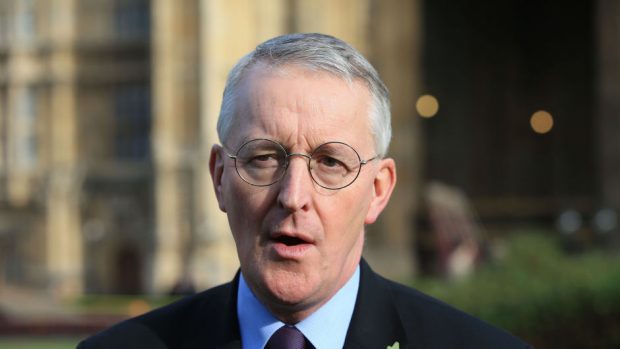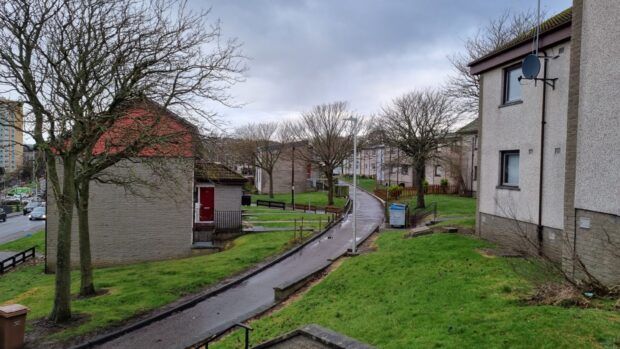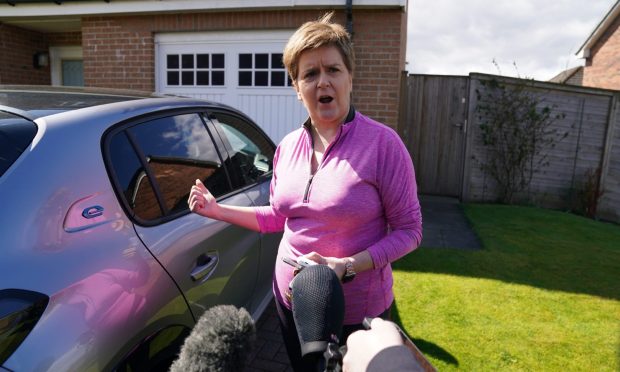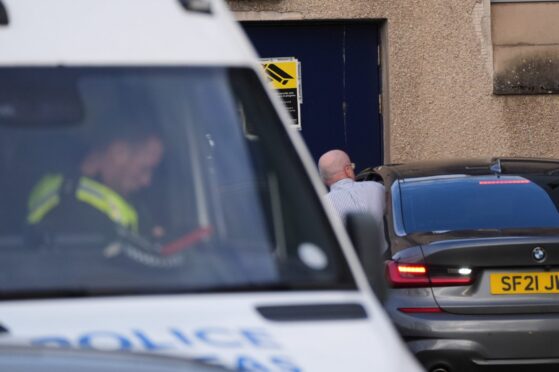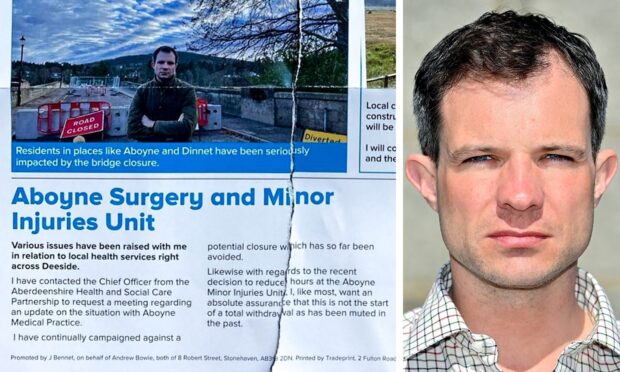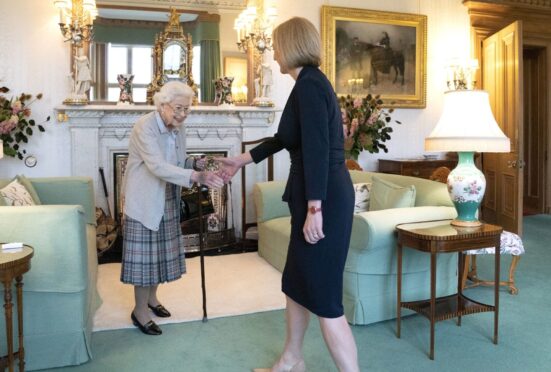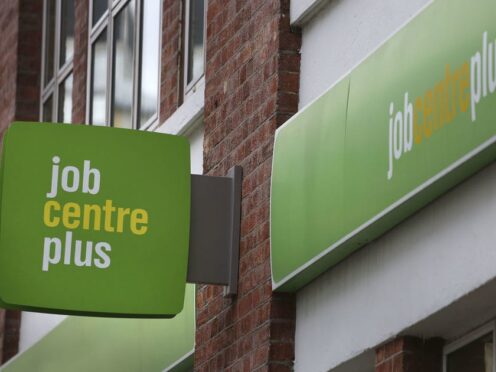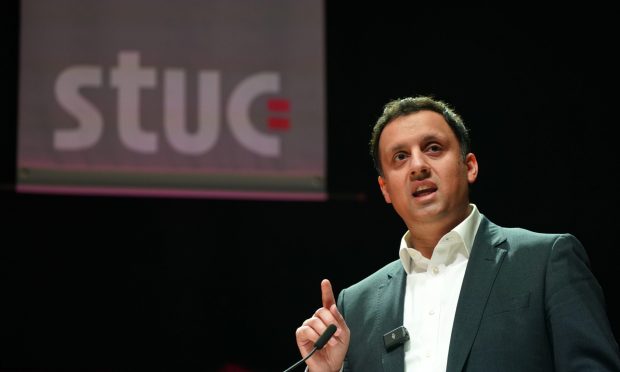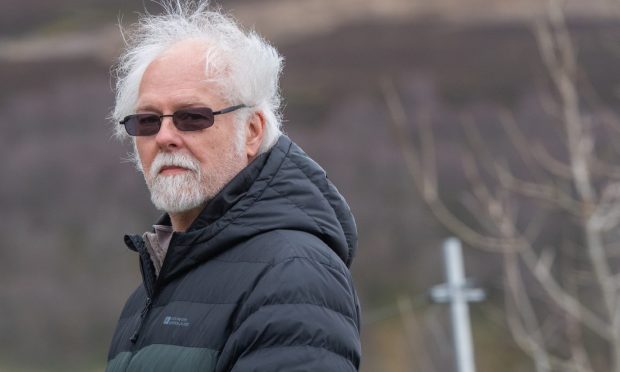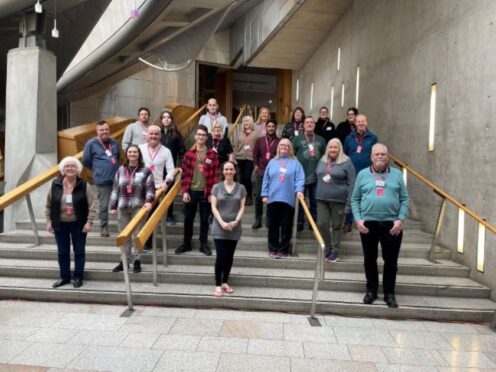Now that the Prime Minister has triggered Article 50, the two-year countdown to leaving the EU begins.
After all the division of the referendum campaign, we need to bring the country back together and negotiate a Brexit deal that works for everyone.
The way the Government handles the divorce proceedings over the next two years will shape Britain’s relationship with Europe for decades. Parliament has to listen to the views of everyone in Scotland, including those who did not want this outcome, but will be affected by it all the same.
The cross-party Brexit Select Committee, which I chair in Parliament, brings together 21 MPs from all corners of the UK who campaigned for both leave and remain.
It is our job to act as Parliament’s watchdog on Brexit and hold to account the Government department in charge of negotiating Britain’s exit from the EU.
To ensure that our recommendations to Government reflect evidence from all over the UK, we have been travelling the UK from Scotland to Cornwall listening to people’s views about the future.
One of the first visits we made was to Aberdeen to hear from the oil and gas industry, tourist sector, small businesses, universities, farmers and the fishing community.
They had lots of questions. Will Scotland take on any of the powers due to be brought back from the EU? What will happen to the EU nationals currently working in the country’s oil and gas and tourist industries?
Will offshore regulation, affecting the oil and gas sector, be changed? What will happen to Scotland’s growing tech sector if we adopt different data sharing rules to the rest of Europe?
How will businesses continue to have access to the workers and skills they need?
During our discussions in Aberdeen, the importance of getting our future trading relationship right came up again and again. There are potential opportunities for Scotland’s farming and fishing industries, as we replace the common agricultural and fisheries policies with new ones.
And some of the powers that come back from Brussels could be directly devolved to Edinburgh. But where businesses rely on tariff and barrier free trade with their European customers there are risks from Brexit too.
Profit margins are already tight, so any export tariffs imposed in the event of us leaving the EU in 2019 without a deal could be critical, particularly in agriculture where tariffs are much higher.
When the Brexit Secretary, David Davis, appeared before our committee recently, we asked him about these risks and he confirmed that ending up without a deal would mean tariffs on a number of agricultural products.
With over 90% of our sheep exports going to Europe, this is a real worry for many Scottish farmers.
Our first priority must therefore be to get an agreement that will ensure the continuation of tariff and barrier-free trade. If that still hasn’t been achieved by the time the UK leaves the EU in March 2019, it would be in the interests of both sides to agree transitional arrangements to maintain that tariff-free trade between the UK and the EU until a final deal is reached.
The vote decided that we are leaving the EU. What it did not determine were the terms of our departure or our new relationship with the remaining 27 member states.
Negotiating that new relationship will be complex and time-consuming – a more significant undertaking than any government has faced in peace time.
The Government needs to keep talking to the devolved governments as the negotiations progress, so that Scotland’s views are taken into account.
Our task now is to minimise the risks and make the best of Brexit for our businesses and communities, in Scotland and the rest of the United Kingdom.
